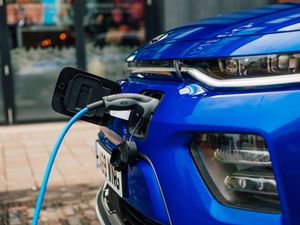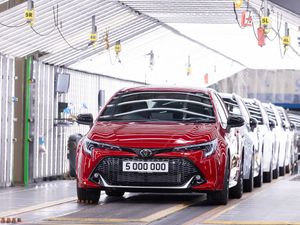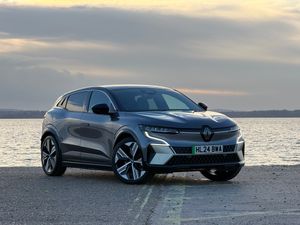More than 70% of UK councils have no residential EV charging strategy
Investigation also finds that most local authorities don’t have any on-street chargers.

More than 70 per cent of UK councils don’t have a strategy to provide electric vehicle charging points in residential areas.
The finding is part of an investigation published by Vauxhall following a Freedom of Information application to 414 councils and local authorities in England, Wales, Scotland and Northern Ireland, which also found that 69 per cent of them have yet to install any on-street electric vehicle chargers whatsoever.
Of the councils that responded to the investigation, 45 per cent confirmed that they had no plans to install on-street chargers this year.
Within the 298 councils that provided data up to July 1, just 14,188 charge points are planned for installation by the end of 2023 – which will still see the UK lagging behind the government’s target of 300,000 working chargers by the close of 2030.
With its 12,708 current residential chargers – on top of the 6,397 planned installations over the next year – London will soon have 19,105 on-street charge points, which is more than double the number available across all other regions of the UK combined.
James Taylor, managing director of Vauxhall, said: “On-street charging provision will help residents without off-street parking to conveniently charge their EVs, but the benefits extend beyond private motorists.
“An estimated four in 10 company-owned electric vans are charged at home by employees, so the widespread availability of charge points will support businesses to go electric by helping van drivers to top up both at home and, as destination chargers, when they are attending residential jobs.”
Working alongside leading charging providers char.gy, Connected Kerb and SureCharge, Vauxhall says it has established an ‘Enablement Fund’ to help councils grasp the requirement for on-street charging.





